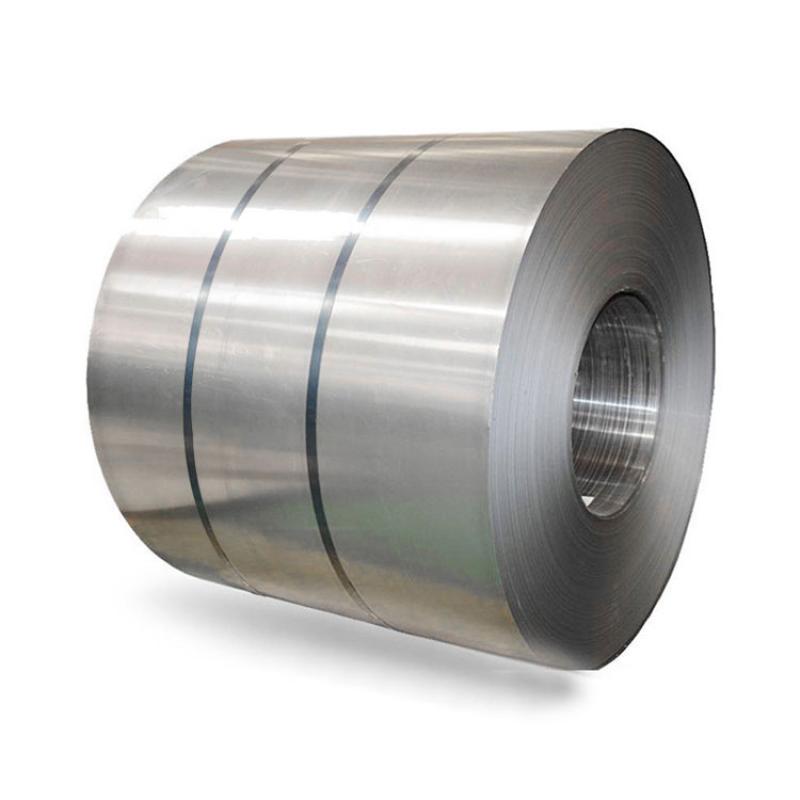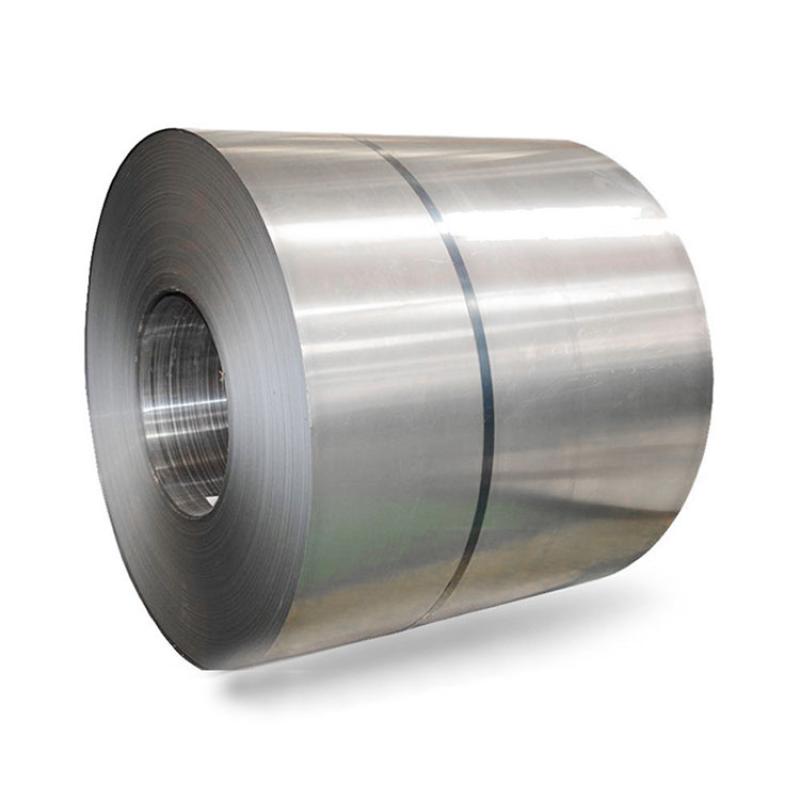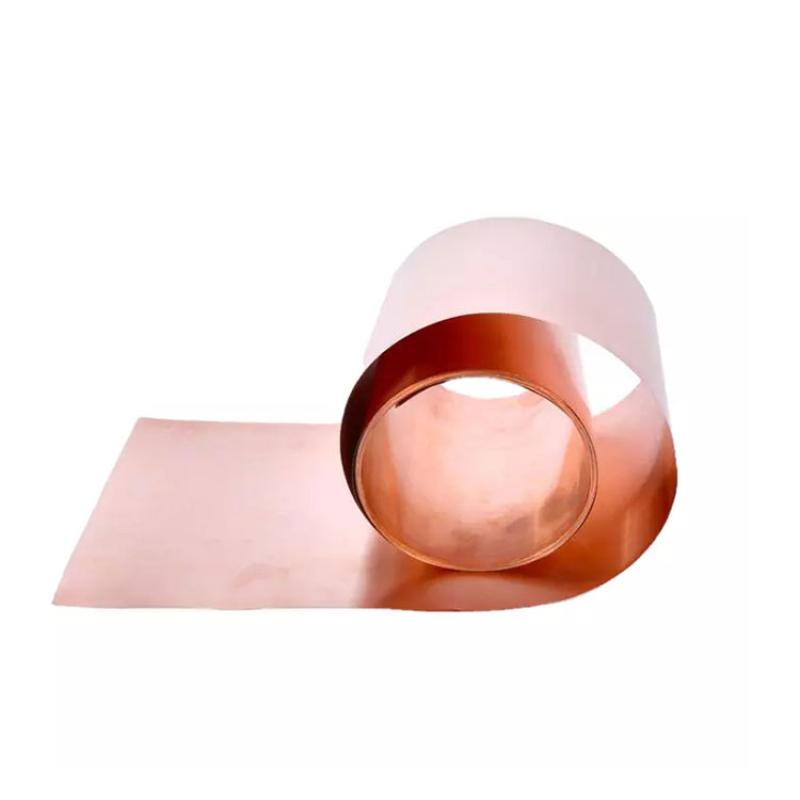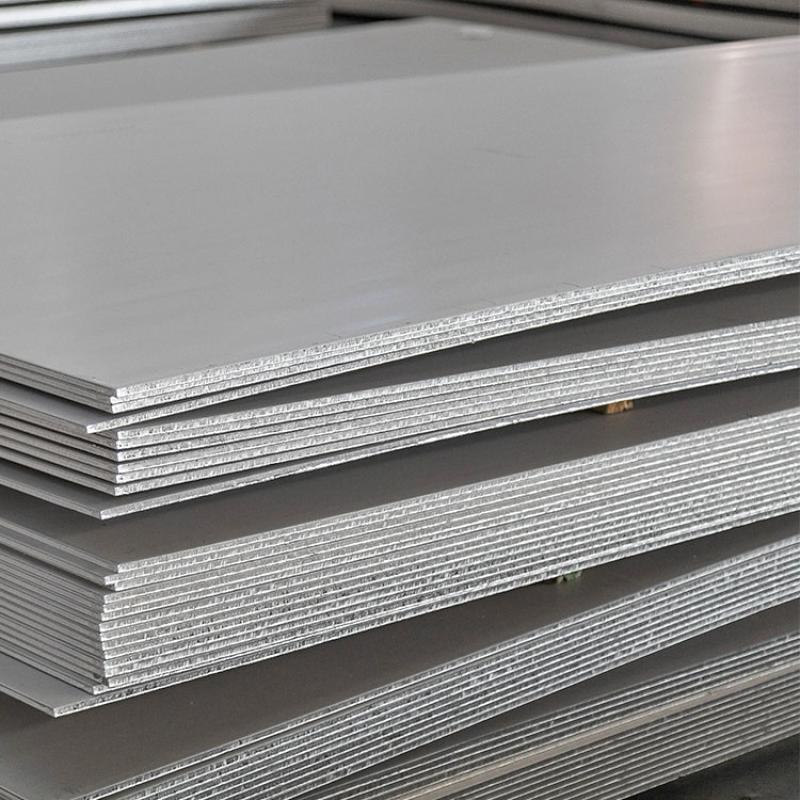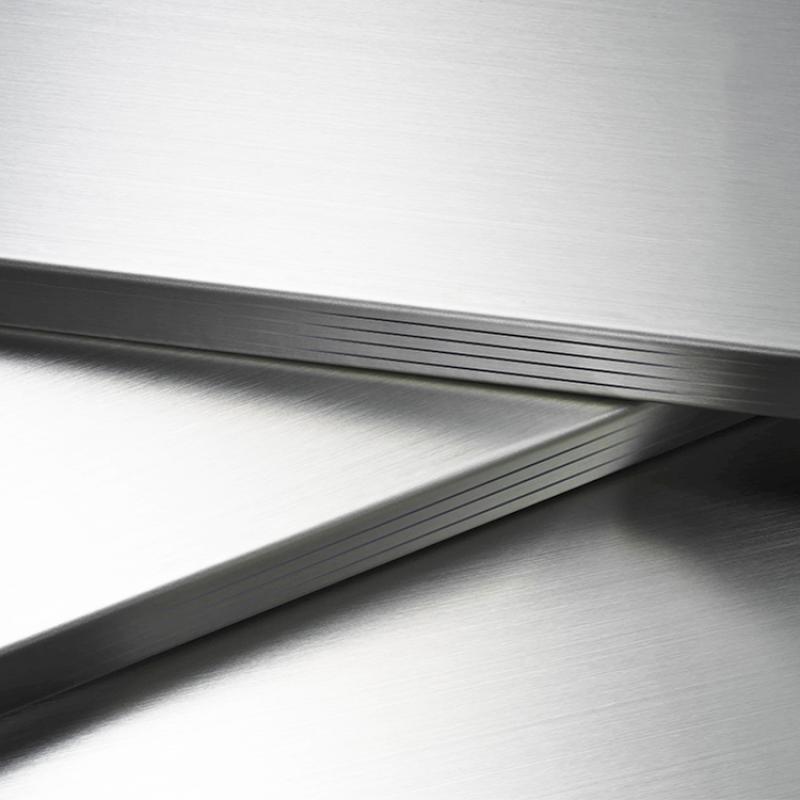Copper Chromium is the primary copper alloy used for resistance spot and seam welding. This alloy achieves good hardness and electrical conductivity through a combination of heat treatment and cold work.
Contact Now
Copper Chromium is the primary copper alloy used for resistance spot and seam welding. This alloy achieves good hardness and electrical conductivity through a combination of heat treatment and cold work.
Contact Now
Copper Chromium is the primary copper alloy used for resistance spot and seam welding. This alloy achieves good hardness and electrical conductivity through a combination of heat treatment and cold work.
Contact Now
Copper Chromium is the primary copper alloy used for resistance spot and seam welding. This alloy achieves good hardness and electrical conductivity through a combination of heat treatment and cold work.
Contact Now
Aluminum coil is more malleable and easier to pour into molds because it melts faster than steel. Aluminum castings are also less difficult to work with than steel castings, which require a lot more effort because they are less rigid than steel castings.
Contact Now
Copper Chromium is the primary copper alloy used for resistance spot and seam welding. This alloy achieves good hardness and electrical conductivity through a combination of heat treatment and cold work.
Contact Now
3003 aluminum coil and sheet is approximately 20% stronger than 1100 series aluminum. 3003 aluminum reacts well to mechanical finishings as well as organic finishes. 3003 welding is readily accomplished by means of conventional welding methods, but may be gummy if machined.
Contact Now
The 430 stainless steel coil has excellent corrosion resistance to many common atmospheric environments including salt water, fresh water and chloride solutions. This grade can also withstand exposure to sulfuric acid at temperatures up to around 500°F (260°C).Feathurs1. Stainless steel has different grades, correspond to different hardness, thermoplastic, plasticity and weldability. If you don't understand, you can tell us your requirements. 2. Stainless steel can be customized for different surfaces, and different surfaces have different applications.
Contact Now
The AISI 316 Coil can be used for a wide range of applications in several industries, including the construction of furnace parts, jet engines, heat exchangers, and many more. They are used as a part of the pharmaceutical and photographic equipment as well. The SUS 316 Coil also shows great performance in the marine environment and hence they are used in ship equipment.Feathurs1. Stainless steel has different grades, correspond to different hardness, thermoplastic, plasticity and weldability. If you don't understand, you can tell us your requirements. 2.
Contact Now
304 stainless steel coil is also used for components that are exposed to high temperatures or aggressive corrosive environments such as condensers, heat exchangers and furnace parts where oxidation resistance is required.Feathurs1. Stainless steel has different grades, correspond to different hardness, thermoplastic, plasticity and weldability. If you don't understand, you can tell us your requirements. 2. Stainless steel can be customized for different surfaces, and different surfaces have different applications. For example, 8k mirrors are generally used for decoration. 3.
Contact Now
Copper Pipe is a type of non-ferrous metal pipe , which is a pressed and drawn seamless pipe.
Contact Now
5052 aluminium coil exhibits higher corrosion resistance than other aluminium alloys, and a higher strength than 3003 aluminium coil. It maintains a superior resistance to salt water, making it a popular material for marine applications. 5052 aluminium coil is easy to form, stamp, weld and finish. With the proper setup, it has fair machinability.
Contact Now
Stainless steel is one of the world’s most commonly used and trusted materials. It’s versatile, durable, and corrosion-resistant, which makes it an excellent choice for many applications. Among the various types of stainless steel available, 304L plates are the most popular.Feathurs1. Stainless steel has different grades, correspond to different hardness, thermoplastic, plasticity and weldability. If you don't understand, you can tell us your requirements. 2. Stainless steel can be customized for different surfaces, and different surfaces have different applications.
Contact Now
Stainless Steel 301 is a commonly available austenitic stainless steel with good corrosion resistance and elevated carbon to allow for cold working to a variety of tempers. Grade 301 stainless steel is highly ductile, for formed products. It also hardens rapidly during mechanical working and has good weldability.Feathurs1. Stainless steel has different grades, correspond to different hardness, thermoplastic, plasticity and weldability. If you don't understand, you can tell us your requirements. 2.
Contact Now
Type 302 Stainless Steel is an austenitic chromium-nickel stainless steel, non-hardenable by thermal treatments. It may be cold worked to high tensile strengths with slightly lower ductility than Type 301. Its corrosion resistance is superior to that of Type 301. Type 302 is essentially nonmagnetic in the annealed condition and becomes slightly magnetic when cold worked.Feathurs1. Stainless steel has different grades, correspond to different hardness, thermoplastic, plasticity and weldability. If you don't understand, you can tell us your requirements. 2.
Contact Now
Copper strip (or roll) is a very workable form of metal. There are four main types of copper strip (or roll): pure copper strip, brass strip, bronze strip and nickel silver strip.
Contact Now
Copper strip (or roll) is a very workable form of metal. There are four main types of copper strip (or roll): pure copper strip, brass strip, bronze strip and nickel silver strip.
Contact Now
Copper strip (or roll) is a very workable form of metal. There are four main types of copper strip (or roll): pure copper strip, brass strip, bronze strip and nickel silver strip.
Contact Now
316L steel is a molybdenum-containing stainless steel. Due to the molybdenum content in the steel, the overall performance of the 316L stainless steel is better than that of 310 and 304 stainless steel. Under the condition of high temperature, 316L stainless steel has a wide range of usage.Feathurs1. Stainless steel has different grades, correspond to different hardness, thermoplastic, plasticity and weldability. If you don't understand, you can tell us your requirements. 2. Stainless steel can be customized for different surfaces, and different surfaces have different applications.
Contact Now
201 stainless steel, has a certain acid resistance, alkali resistance, high density, polishing no bubble, no pinhole and other characteristics, is the production of all kinds of watchcase, watchband bottom cover quality materials.Mainly used for decorative pipe, industrial pipe, some shallow stretching products.Feathurs1. Stainless steel has different grades, correspond to different hardness, thermoplastic, plasticity and weldability. If you don't understand, you can tell us your requirements. 2.
Contact Now
Copper strip (or roll) is a very workable form of metal. There are four main types of copper strip (or roll): pure copper strip, brass strip, bronze strip and nickel silver strip.
Contact Now
Copper strip (or roll) is a very workable form of metal. There are four main types of copper strip (or roll): pure copper strip, brass strip, bronze strip and nickel silver strip.
Contact Now
Copper Pipe is a type of non-ferrous metal pipe , which is a pressed and drawn seamless pipe.
Contact Now
The tellurium copper alloy made from both the excellent cutting performance and good conductivity, thermal conductivity and high toughness, corrosion resistance and electrical erosion resistance, at the same time with equal arc resistance to silver copper alloy, hot and cold processing performance is good, then system of forging, extrusion, mould pressing. The alloy also contains trace amounts of phosphorus, the most effective and lowest-cost deoxidizer.
Contact Now









